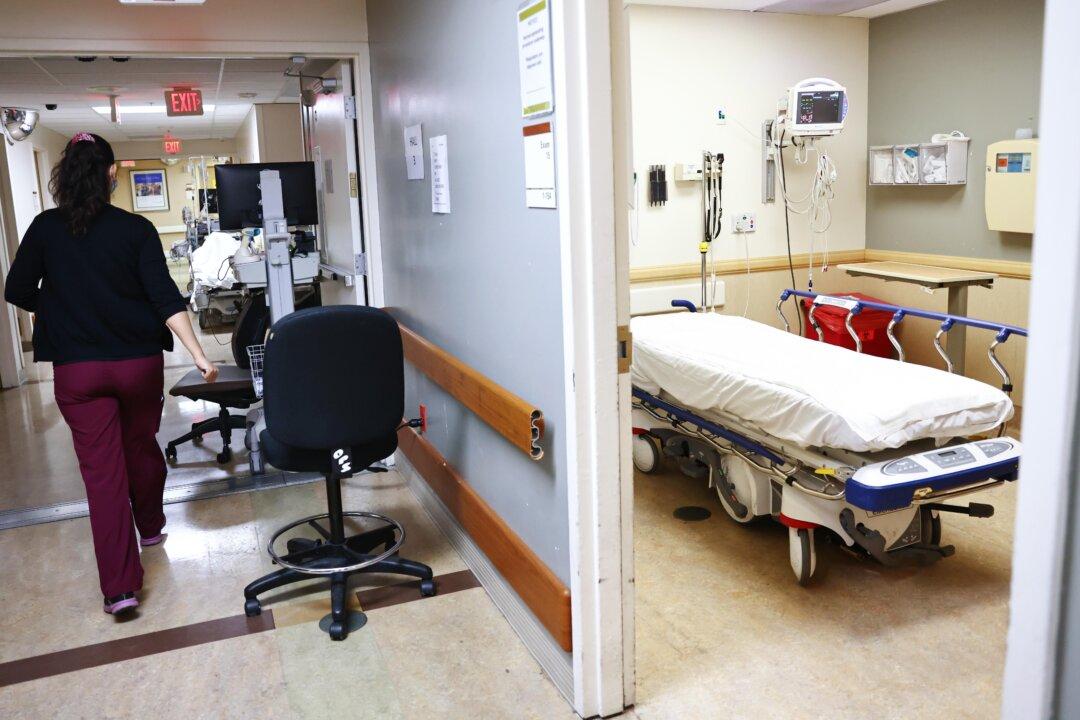An employee of Veterans Affairs Canada (VAC) who allegedly suggested military veterans consider euthanasia is no longer employed by the department.
Erika Lashbrook Knutson, spokesperson for Minister of Veterans Affairs Lawrence MacAulay, said privacy rules prevent the government from disclosing whether the female employee was fired or resigned. She was first suspended.
“We had to follow to the letter the process laid out in the collective agreement with the union,” she said on Dec. 20.“That kind of a process has some pretty rigid requirements on privacy and non-disclosure. But as of today, that employee is no longer an employee.”
In November, MacAulay testified before a House of Commons veterans affairs committee meeting that a VAC investigation discovered as many as four Canadian Armed Forces (CAF) veterans were offered assisted suicide when they contacted an agent for help, but said it was an isolated incident with a single Veterans Affairs agent.
MacAulay was informed during the committee meeting on Nov. 24 of a fifth allegation of a veteran being offered unsolicited medical assistance in dying (MAID) by VAC, of which MacAulay said he was unaware.
MPs on the same committee heard from another veteran just over a week later who alleged that she, too, was offered unprompted MAiD by VAC.
MacAulay was asked by the committee whether or not the agent was still under his department’s employ, but he did not answer directly.
“I can tell you that this employee has no interaction with veterans,” he said on Nov. 24, a statement that was echoed by Prime Minister Justin Trudeau a week later.
“The individual who made recommendations to veterans around medical assistance in dying is no longer working with veterans,” Trudeau told reporters on Dec. 1.





